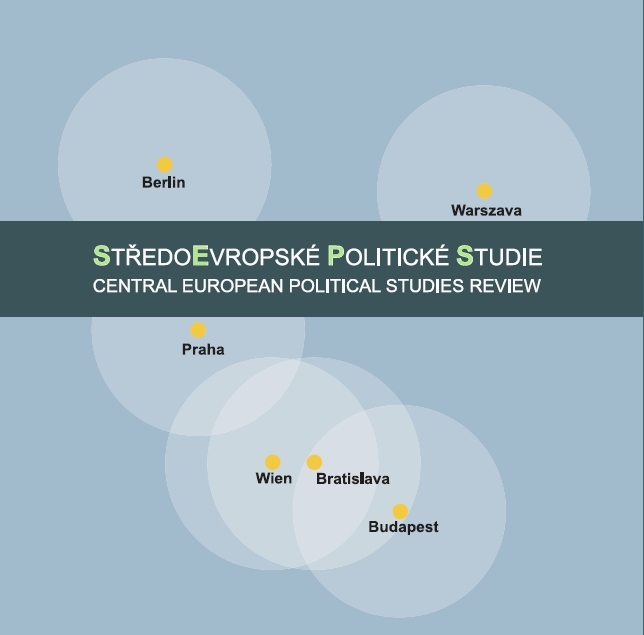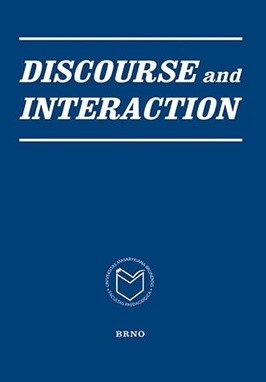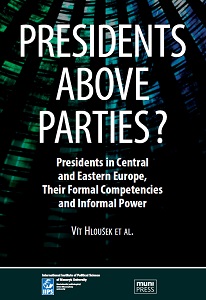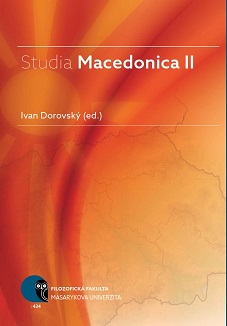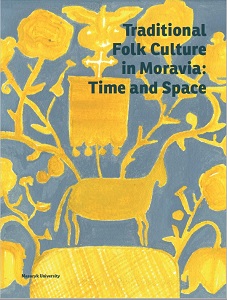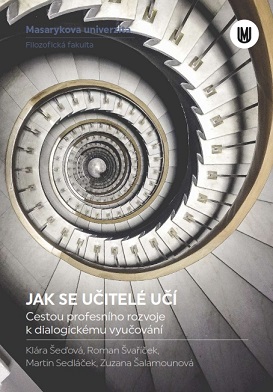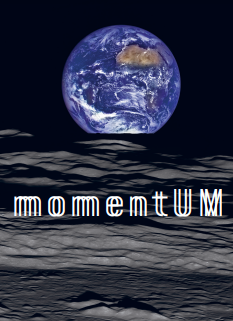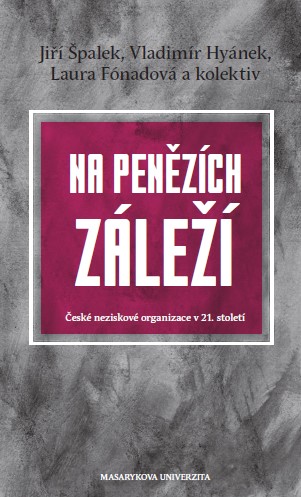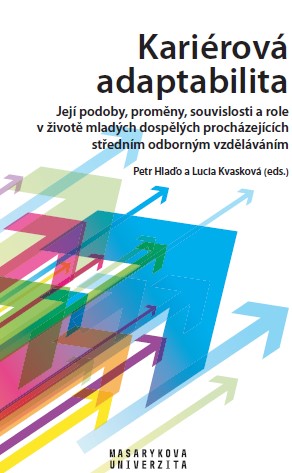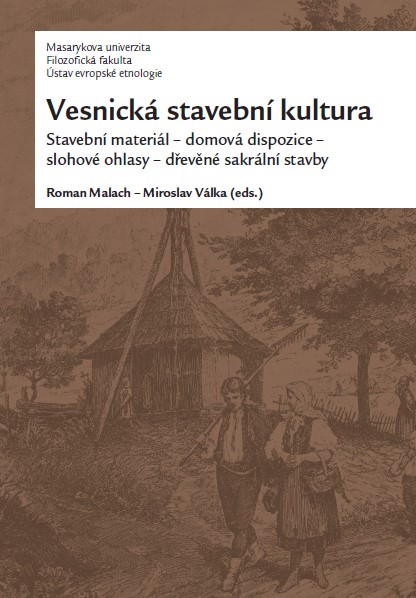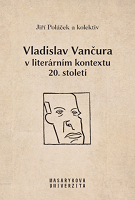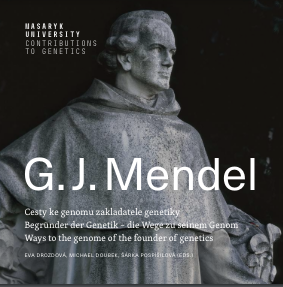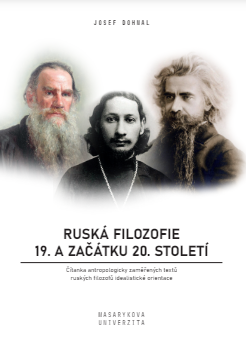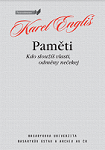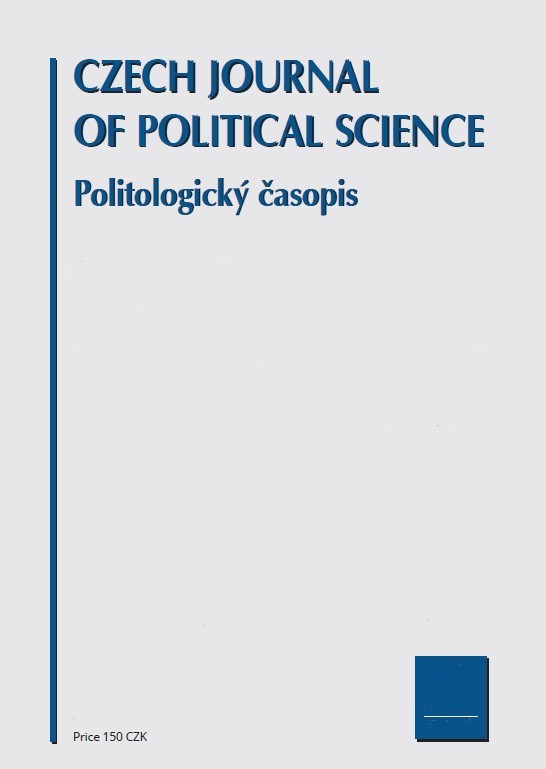
Czech Journal of Political Science
Politologický časopis - Czech Journal of Political Science
Czech Journal of Political Science/Politologický časopis is a peer-reviewed journal published by the International Institute of Political Science of Masaryk University in Brno. It is the first peer-reviewed political science periodical issued in the Czech Republic. The first issue of the journal was released in 1994. Each year, three issues of the journal are published.
The journal provides a platform for presenting the outcomes of original political science research and thus significantly contributes to political science as a scholarly discipline and its establishment among other social sciences. The journal publishes articles, reviews, review essays, and information on events in the political science community. The topics cover the areas of political philosophy and theory, comparative political science, political sociology, policy analysis, European studies, international relations and security studies.
All texts should be submitted in English. The journal provides its own proofreading services.
The journal is submitted to the editorial board of International Political Science abstracts – Documentation Politique Internationale.
More...
